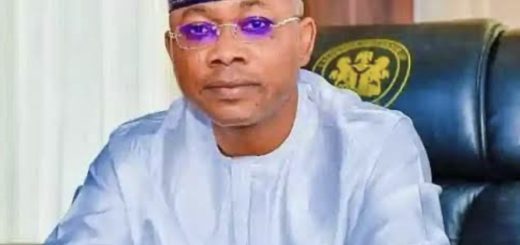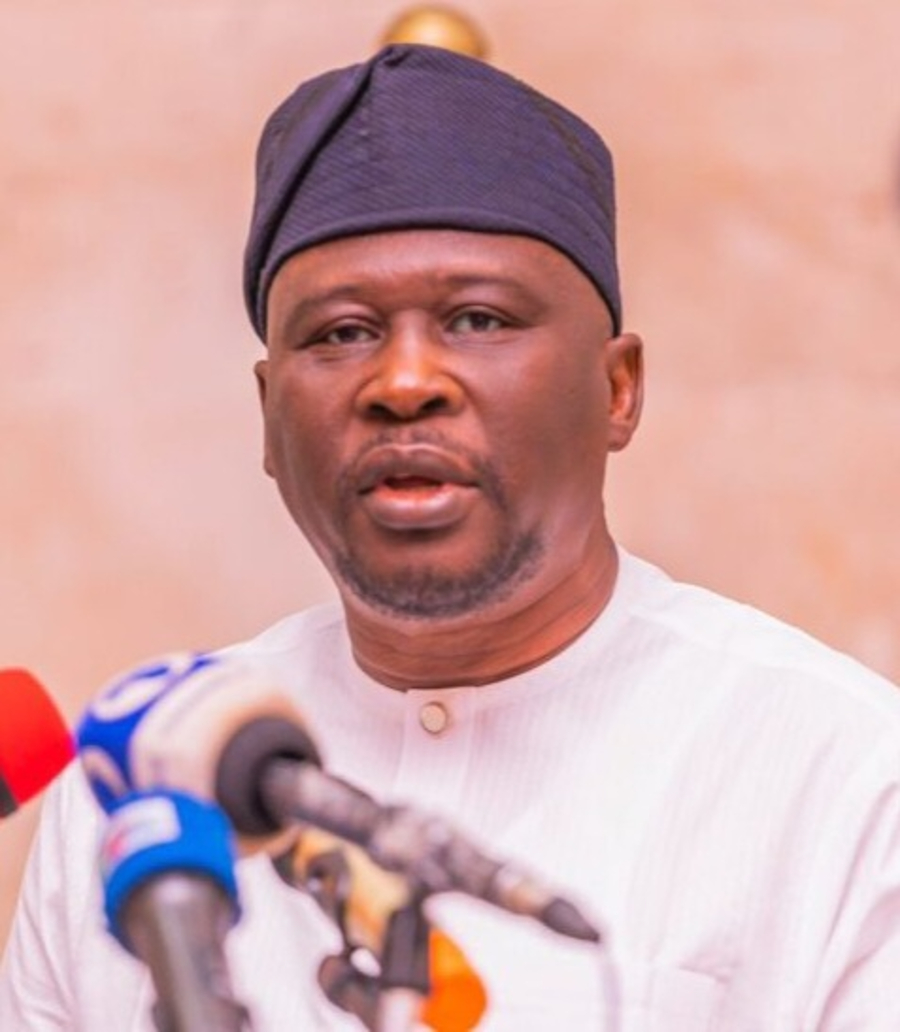Nigeria’s Quiet Crisis: When Democracy Speaks in Whispers-By Beady Nnanna
Nigeria calls itself , the giant of Africa, the largest democracy in Africa—a government of the people, by the people, for the people. Yet across the country, from Lagos to Kano, a different reality plays out every day: citizens silenced for asking questions, young activists jailed or worse, and communities too fearful to speak their minds.
Voices Disappearing in the Night
Residents recall friends and relatives who never returned from peaceful protests, their daily hustles or community meetings. One Lagos neighbor, Musa, was last seen holding a placard that read “We Deserve Light and Bread.” Days later, local newspapers listed him only as “unidentified,” while officials described the crackdown as “restoring order.”
Human rights groups, freedom fighters, have repeatedly documented intimidation, arrests, most of them bought over and unexplained disappearances. Critics say these tactics betray the country’s democratic ideals.
Poverty as a Weapon
Perhaps the most painful detail is who carries out the silencing. Security officers and hired street enforcers—often drawn from the same struggling neighborhoods as the protesters—are paid to turn against their own. “It’s hunger doing the government’s job,” says a community organizer in Abuja. “People will do anything for a few crumpled naira.”
Divided to Conquer
Analysts warn that years of economic hardship and ethnic tension have made it easier for those in power to keep citizens fragmented. “If we remain divided, it’s simple to rule us,” says political science lecturer Dr. Adazaki . “Unity is the only true counterweight to authoritarianism.”
Glimpses of Hope
Despite fear, small acts of defiance continue. Community kitchens, underground press outlets, and encrypted online forums keep citizens connected. “Hope doesn’t die,” says youth activist oluwakemi “It just hides, waiting for a safer day.”
The Unfinished Democratic Project
Nigeria’s constitution promises freedom of speech and assembly, but those promises mean little if ordinary people cannot safely voice dissent. For many Nigerians, the question remains: can the nation reclaim a democracy worthy of its name?
Until citizens can speak without fear of disappearing, the answer is uncertain—and the silence deafening.



